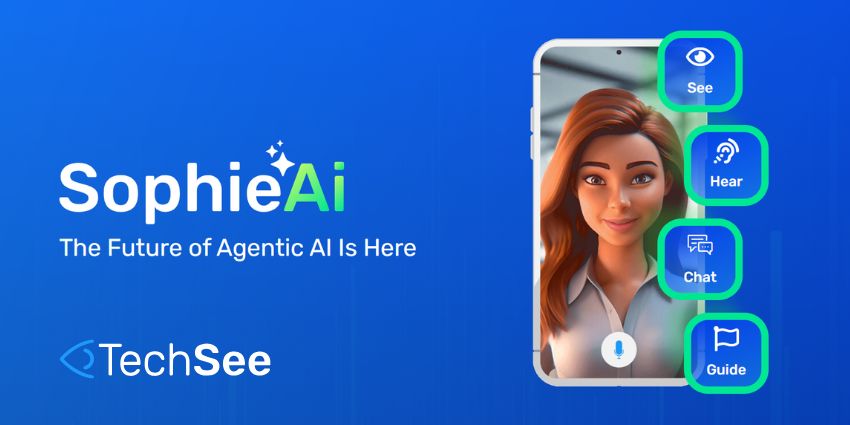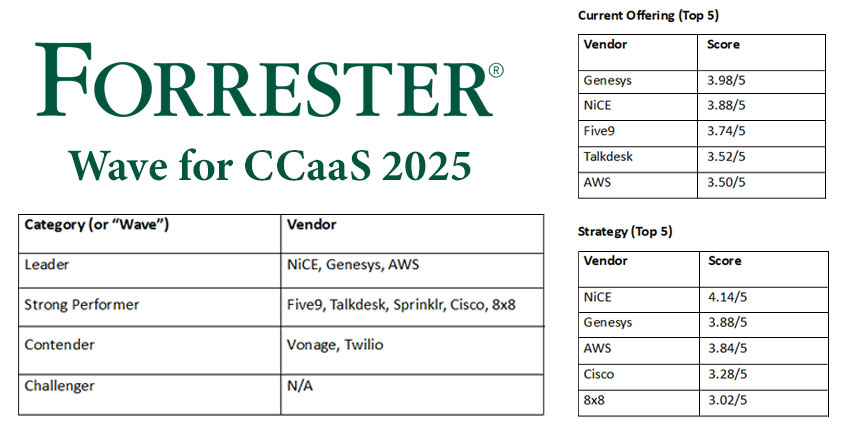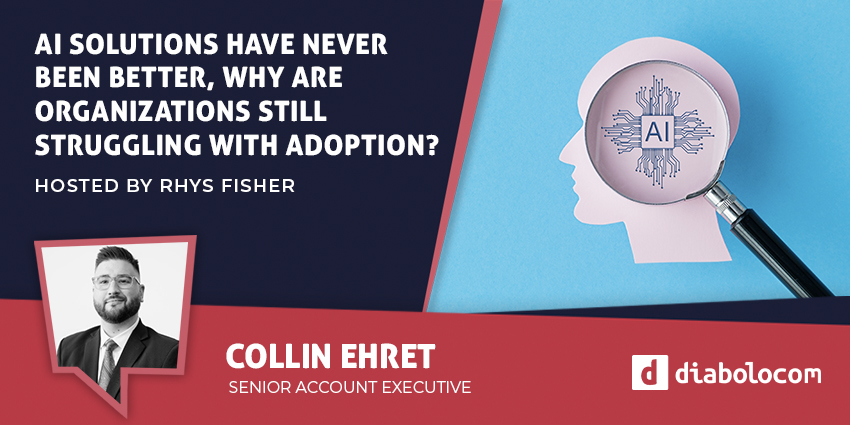Alongside the traditional contact center technologies, contact centers often invest in process enhancers. Gartner calls this an urgent need for a “spend to save” mentality.
Agent-assist is one such process enhancer. It aggregates several value-add technologies that sit at strategic junctures of the agent experience.
These tools offer a small but significant helping hand, saving agents a few seconds or several minutes when performing everyday tasks. Across a large contact center population, these small strides equate to substantial gains in efficiency.
What is Agent-Assist Technology?
Agent-assist technology is an “over-the-top” application or software solution added to legacy contact centers or included in CCaaS platforms. It focuses on delivering relevant information, guidance, and support to employees in real-time, so they can more confidently navigate conversations.
Typically triggered by keywords and phrases, agent-assist technology can rapidly surface notifications on an agent screen, with applicable guidance and talking points for various topics. It’s tailored to real-time communications and can offer support with:
- Collaboration: Empowering teams to work effectively together
- Process Management: Automating agent workloads and improving efficiency
- Knowledge Guidance: Providing agents with real-time insights into contextual points
- Motivation: Keeping team members engaged and involved in the conversation
Today, most contact center software platforms come with agent-assist technologies covering one or more of these areas.
How Does Agent-Assist Technology Work?
Agent-assist technology often uses NLP and NLU – alongside real-time transcription and conversational analysis – to get to grips with the context of a conversation.
When an agent picks up a call or answers a query, the software detects keywords and phrases relevant to the discussion. It then surfaces information that may be useful to the agent.
The work completed by the system will vary depending on the automation “workflows” created by the company. No-code and low-code automation systems often simplify this process.
For instance, when a contact routes to an agent, the system may spotlight relevant CRM data. When the customer mentions an issue with their order, the agent-assist technology may recognize the phrase “my order” and provide the agent with a list of previous purchases made by the customer.
During the conversation, the agent-assist tool can also surface new information from other tools and databases to streamline the discussion. The helpdesk, knowledge base, and self-service systems are all excellent examples.
At the end of the conversation, the solution may automatically record crucial information, store notes within a CRM system, create call summaries, and even schedule callbacks to simplify an agent’s after call work.
AI as an Integral Part of Agent Assist
Agent-assist harnesses AI to bring an essential element of cognitive support missing in the traditional agent experience.
Some vendors are particularly innovative in this regard. For instance, Freshworks has an agent-facing AI called Freddie to help agents self-automate repetitive tasks. It introduces minor enhancements like detecting when a customer closes a conversation with a polite thank you so that threads aren’t unnecessarily reopened.
Meanwhile, Five9 has a practical AI feature powered by Google, which helps surface insights from real-time call transcripts.
As contact centers become increasingly crucial to delivering a differentiated CX, agent-assist technology is becoming a top priority for organizations. Findings from a recent Five9 study reflect this.







